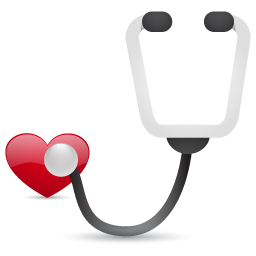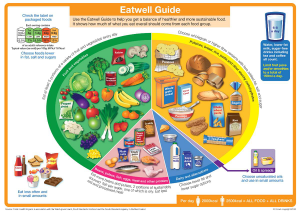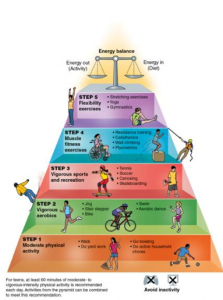Look after your teeth
Consistently monitoring and maintaining your teeth is essential.
Nutritious Food
It's impressive how a good and steady meal schedule could remodel how you feel on a daily basis.
Physical Activity
Being active often will help immensely towards the consistent betterment of your health.
Previous
Next
How Important Is Your Health To You?
Take this quiz to find out.
Click HereWelcome
The future is tomorrow, the preparation starts today.
COVID-19 Vaccine Watch
The old proverb says that health is wealth.
Health includes physical health, basic hygiene and cleanliness, dental hygiene, and psychological wellbeing. As a youngster, you may be quite concerned about your appearance, which at your age is absolutely understandable, having a second glance at different protocols you do on a daily basis can really open up your mind to new choices to make yourself feel better entirely.









